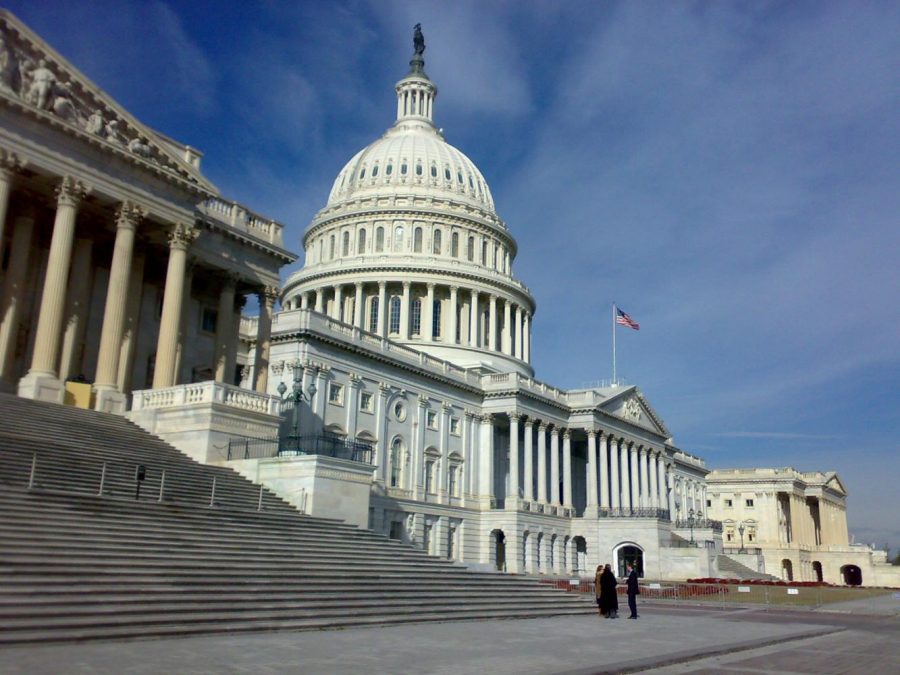Congressional Black Caucus calls for decriminalization
Thor Benson / Cannabis News Box Contributor
In a recently released list of “must-do policies” from the Congressional Black Caucus, the group voiced support for the decriminalization of cannabis. The group asserted that the War on Drugs has been harmful to people of color and must come to an end.
There are four bullet points under the call to decriminalize cannabis: “Decriminalize the use and possession of marijuana,” “Remove marijuana from the Controlled Substances Act and create a ‘Community Reinvestment Fund’ to invest in communities most impacted by the War on Drugs,” “Retroactively eliminate mandatory minimums for federal drug offenses and require the Attorney General to reinstitute the Smart on Crime directive and pass codifying legislation” and “Instruct the U.S. Sentencing Commission to amend the U.S. Sentencing Guidelines accordingly.”
Though white Americans and black Americans use cannabis at roughly the same rate, black citizens are nearly four times as likely to be arrested over cannabis. Because of this, many decriminalization and legalization advocates have highlighted the racial justice element of changing drug policies.
“Low-level marijuana offenses introduce countless people to the criminal justice system each year, so hopefully it will break that connection or prevent people from a conviction that could result in escalated penalties for other offenses,” Mason Tvert, spokesperson for the Marijuana Policy Project, told Cannabis News Box.
The Congressional Black Caucus is calling on Democrats to pass decriminalization policies within 100 days of taking back the House of Representatives, should that happen. Most political analysts are saying that it will likely happen, but you can never be too sure.
“Comprehensive change at the federal level is going to require bipartisan support, and fortunately support is growing quickly on both sides of the aisle,” Tvert said. “Democrats are being held more accountable on this issue than ever before when they demonstrate antiquated positions on marijuana policy.”
Beyond how legalization or decriminalization would help keep people of color out of the criminal justice system, there would also be opportunities for people of color to start businesses within the industry, so there’s an economic upside. That said, many believe too many people of color are being kept out of the industry due to laws that don’t account for some of the effects of the War on Drugs and due to the often high cost of getting into the industry.
“The establishment of a regulated marijuana market will create a lot of economic opportunities and should be accessible to everyone, but like with every other legal industry the game tends to be rigged against lower-income individuals and people of color,” Tvert said. “Fortunately, lawmakers appear to be demonstrating a growing level of interest in crafting rules to make sure opportunities are available for these underprivileged communities.”








